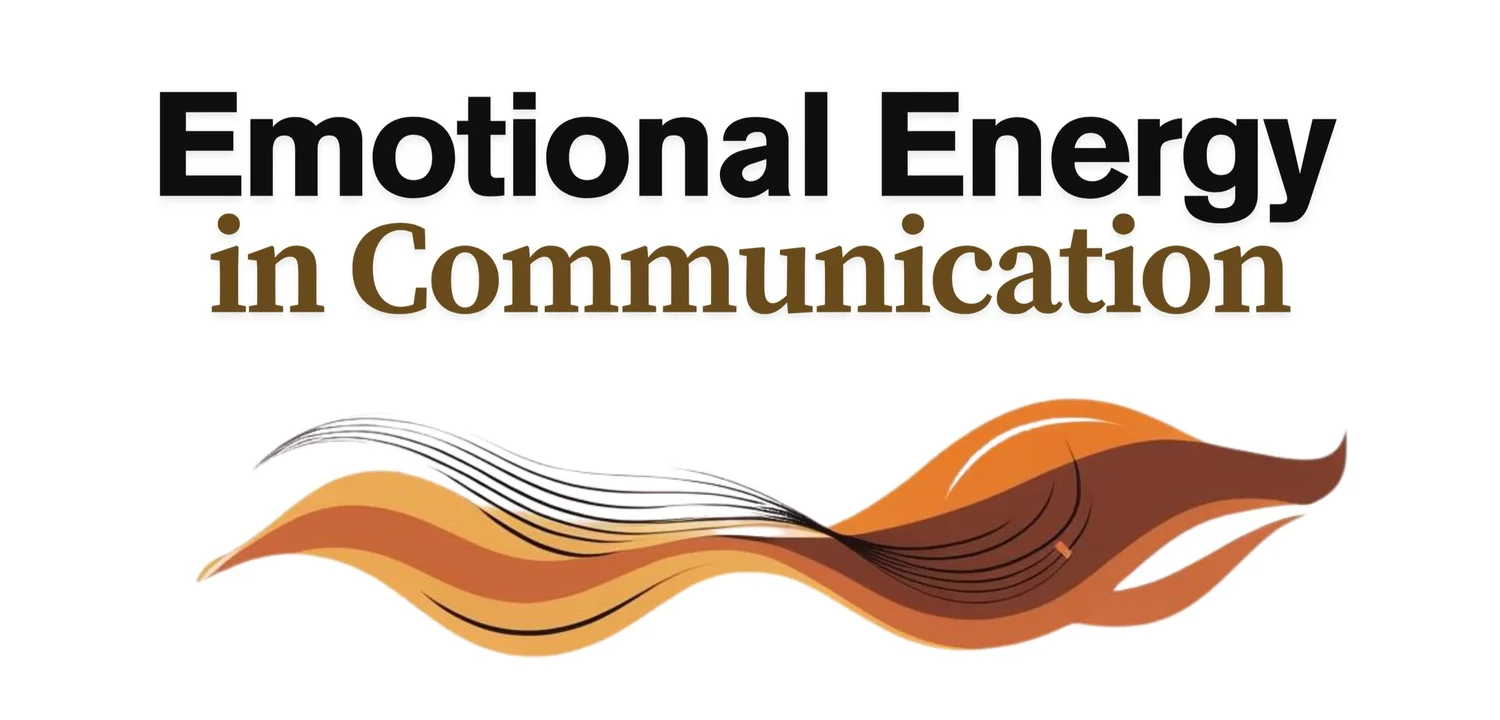What If You Stopped Apologizing for Feeling Good?
And Why That Question Could Change the Way You Work and Live
The other day, we were laughing so hard that actual tears ran down our faces. One of those spontaneous, silly moments, nothing profound, just a shared spark of humor that caught us off guard. The kind of laugh that makes you lean on the table, trying to catch your breath while trying not to laugh so hard that you pee in your pants.
Then the clients walked in.
We scrambled to pull ourselves together, eyes still watery and red, cheeks flushed from laughing. And as we greeted them, one of us blurted out:
"Sorry, my eyes are red because I was laughing!"
That moment stuck with me. Why were we apologizing for joy?
It made me realize how often we treat joy like something that needs to be justified or downplayed. We feel a spontaneous burst of happiness and immediately start scanning for a reason to justify it, as if it weren’t normal to feel joyous. Or we downplay our happiness because we feel guilty about it.
But here’s the question I want to ask: What if joy didn’t need a reason?
The Science Says: Joy Isn’t a Distraction, It’s a Strength
Joy isn’t just a nice-to-have feeling. It’s a powerful tool for psychological and even physical well-being.
Let’s start with the basics: When you experience joy, your brain releases dopamine, a chemical associated with motivation, focus, and pleasure. But dopamine doesn’t only arrive when we accomplish something big. It also shows up in small, unstructured, everyday moments like laughing with friends, hearing a favorite song, or pausing to savor your coffee.
Positive psychology researcher Dr. Barbara Fredrickson refers to these tiny sparks as micro-moments of joy, fleeting, often unplanned bursts of positive emotion. And her Broaden-and-Build Theory explains why they matter:
When we experience positive emotions, even briefly, our minds literally open up. We become more flexible, creative, socially connected, and better at problem-solving. These micro-moments build emotional resources over time, so allowing joy isn’t a distraction from productivity. It’s the foundation of it.
Joy at Work: A Radical Act of Permission
In most professional settings, joy tends to show up around milestones: closing a deal, finishing a project, winning a pitch. And those celebrations are great, but rare. If we tie our joy only to outcomes, we train ourselves to delay happiness indefinitely.
But what if we made room for joy in the process, not just the result?
Imagine starting a team meeting with a funny check-in question. Or taking five minutes to share a personal win or a silly story. These aren't distractions; they’re culture builders. Research shows that teams that share positive emotions perform better, trust each other more, and are more resilient in times of stress.
Joy in the workplace isn’t about being unprofessional; it’s about being human.
Joy at Home: The Small Stuff is the Big Stuff
The same principle applies at home. Joy often sneaks in during the quiet, unscheduled parts of life: dancing in the kitchen, laughing with your kids, cracking jokes over dinner, playing with your pet. We tend to overlook these moments, but they’re the glue that holds relationships and emotional well-being together. We need to notice and appreciate those small moments.
And they don’t need to be earned. You don’t need to finish the laundry, the emails, or the to-do list before you’re allowed to feel good. In fact, the more you let joy happen in the midst of daily life, the more you build the emotional strength to handle the harder parts.
Joy Changes Your Brain and Your Health
This isn’t just feel-good talk. There’s real, physical evidence that joy supports our health. Studies show that people who regularly experience positive emotions have:
Lower inflammation
Stronger immune function
Reduced risk of chronic illnesses
Better recovery from stress
And perhaps most importantly in our current world: they’re less likely to burn out.
So if you’re feeling exhausted, overwhelmed, or disconnected, don’t wait for a big change. Start small. Let joy in where you are.
Final Thought: Don’t Apologize for Joy
So what if joy didn’t need a reason?
What if we stopped seeing it as a bonus and started treating it as the valuable resource it truly is? A well of energy we can return to again and again, not after the work is done, but while we’re doing it. Not after laundry is done, but while you're walking your dog.
Wake up every day and decide to let your eyes be red from laughter. Let yourself sing in traffic and not care what others think. Let yourself smile at nothing. Say thank you to a kind person. Be kind to people. Feel the joy run through you.
You don’t have to explain it. You don’t have to earn it. You just have to let it in.
Now It's Your Turn: Have you ever caught yourself downplaying a joyful moment, at work or at home? What happened when you gave yourself permission to feel it fully?
